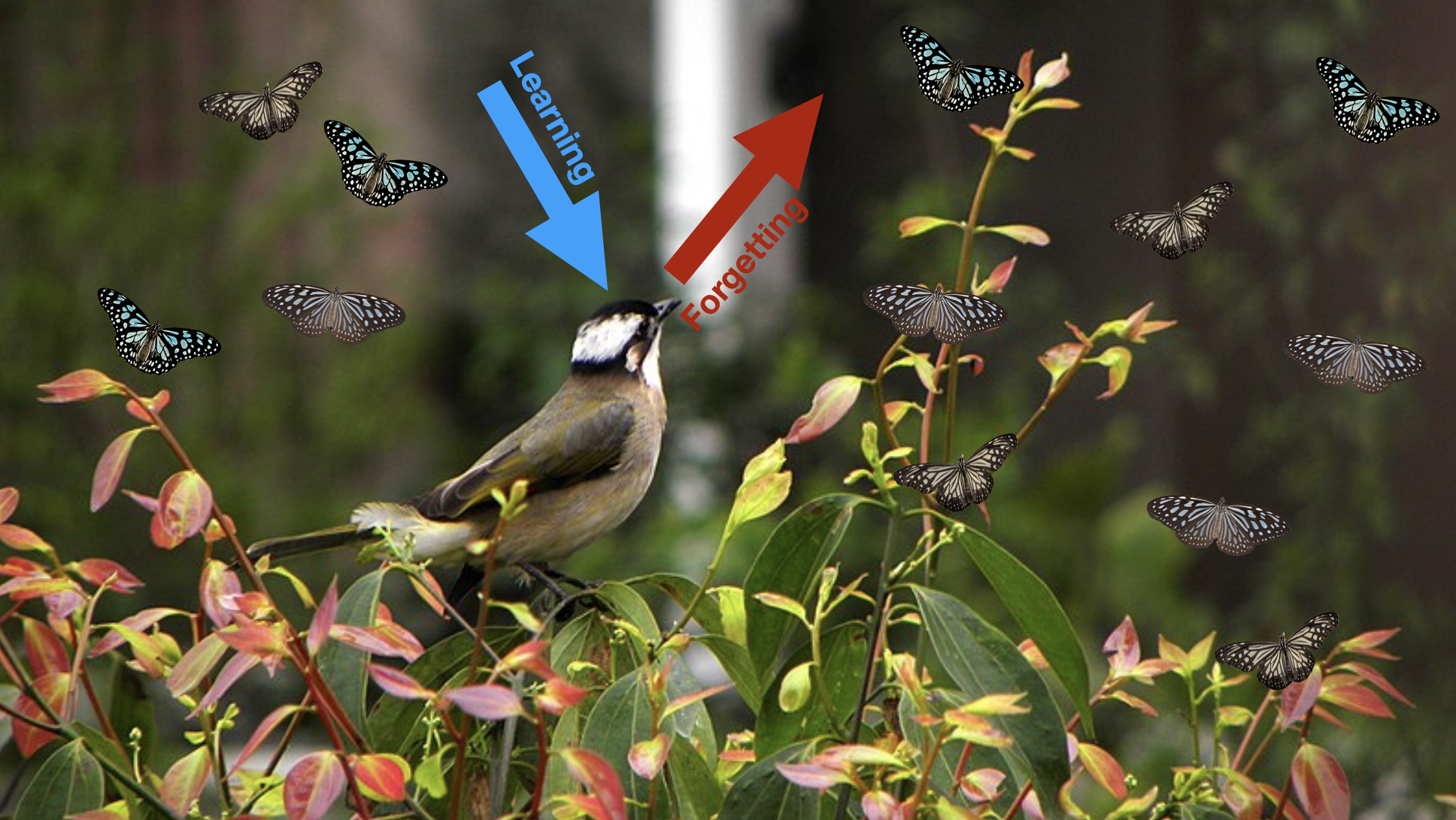Personality-cognition coupling and the pace-of-life syndrome
The pace-of-life syndrome hypothesis predicts correlated expressions of behavioral tendency and cognitive style along a slow-fast continuum, but empirical evidence has been inconclusive. We investigate the proximate (genetics vs. environment) and ultimate (eco-evolutionary drivers) mechanisms of the personality-cognition coupling, using lizards and insects as systems.


